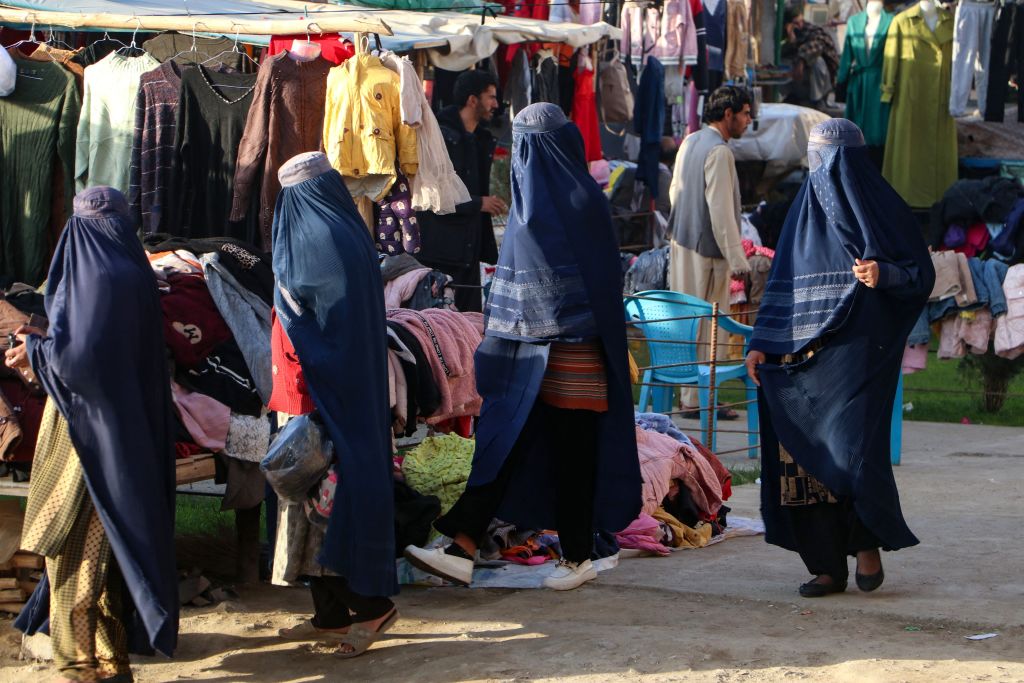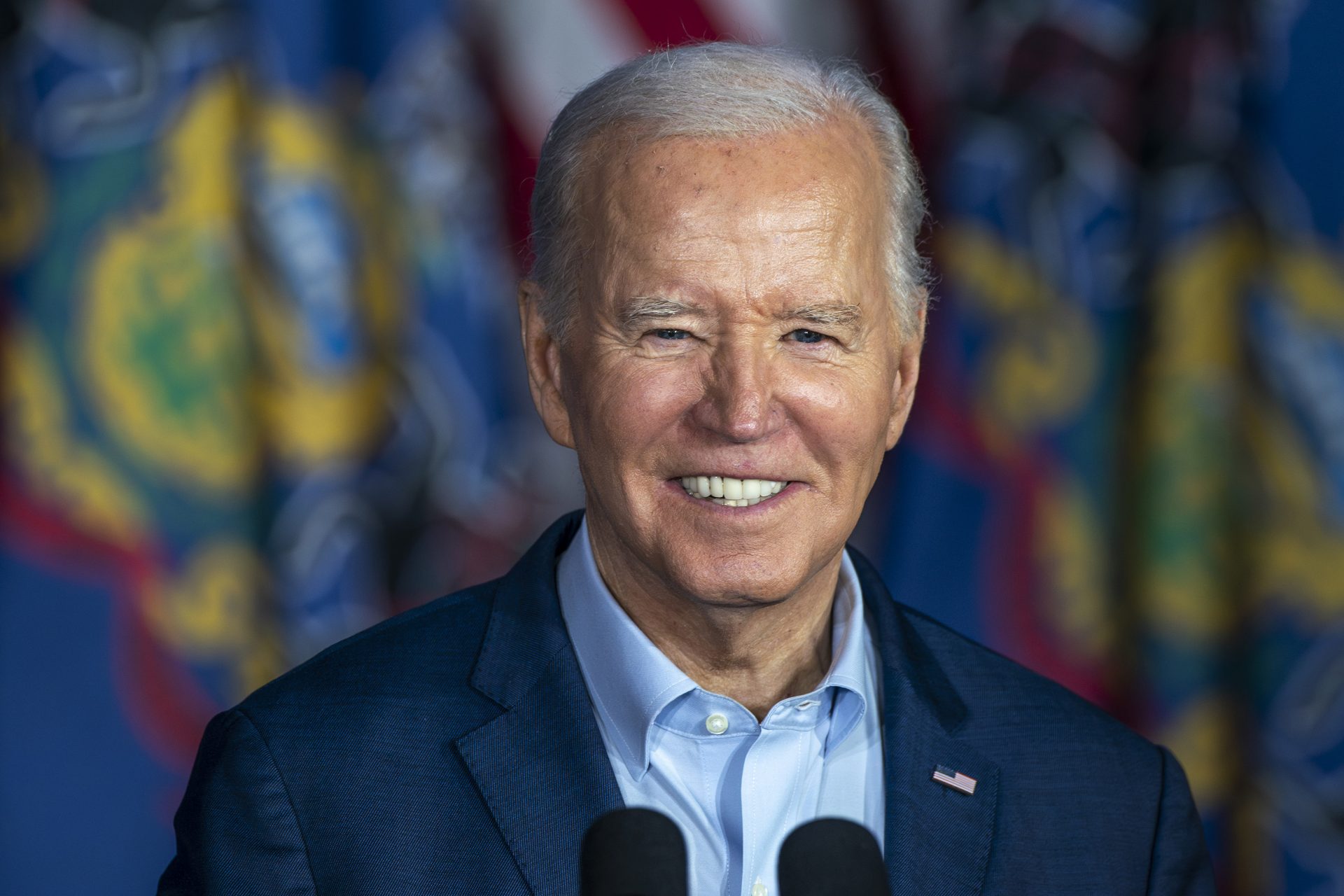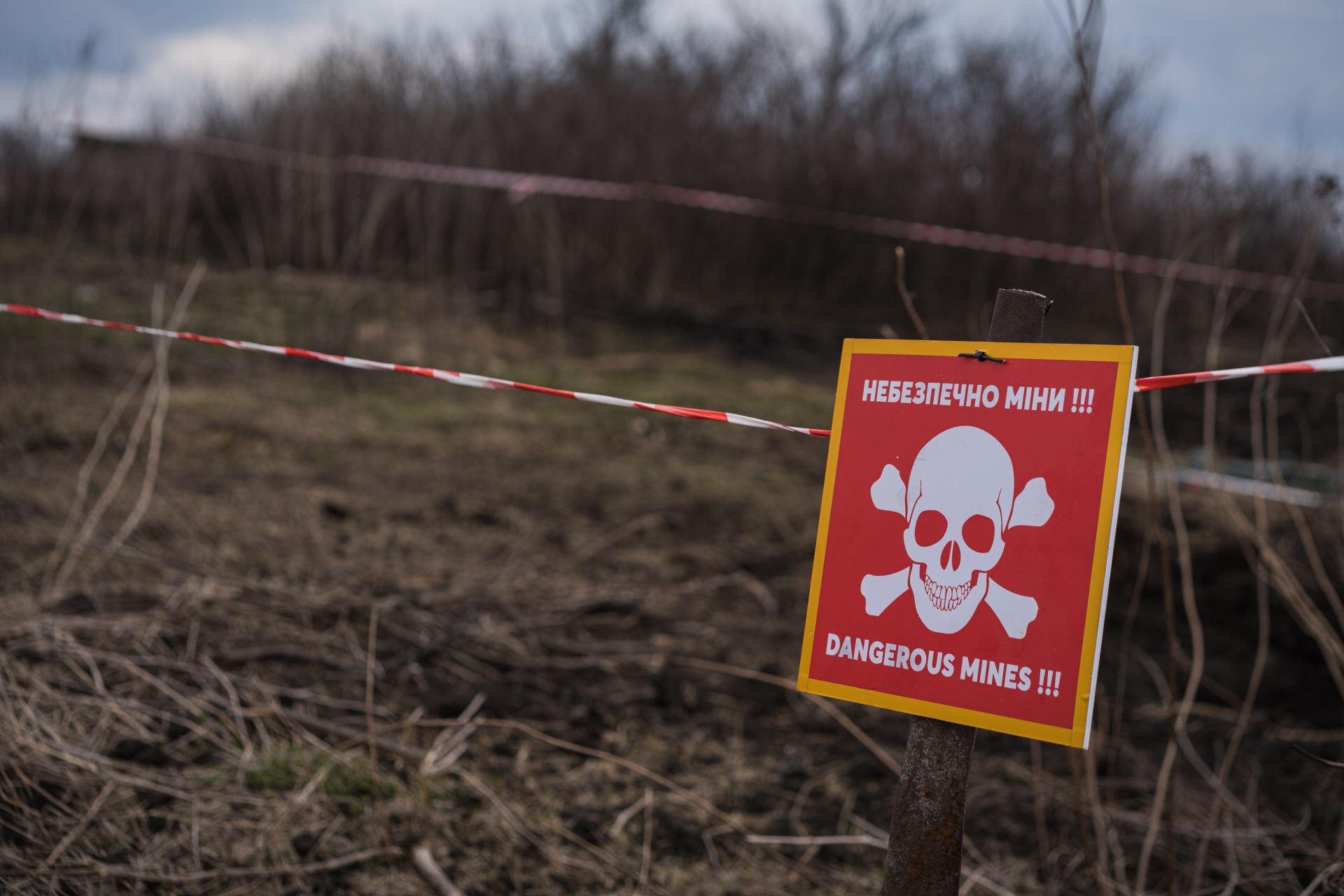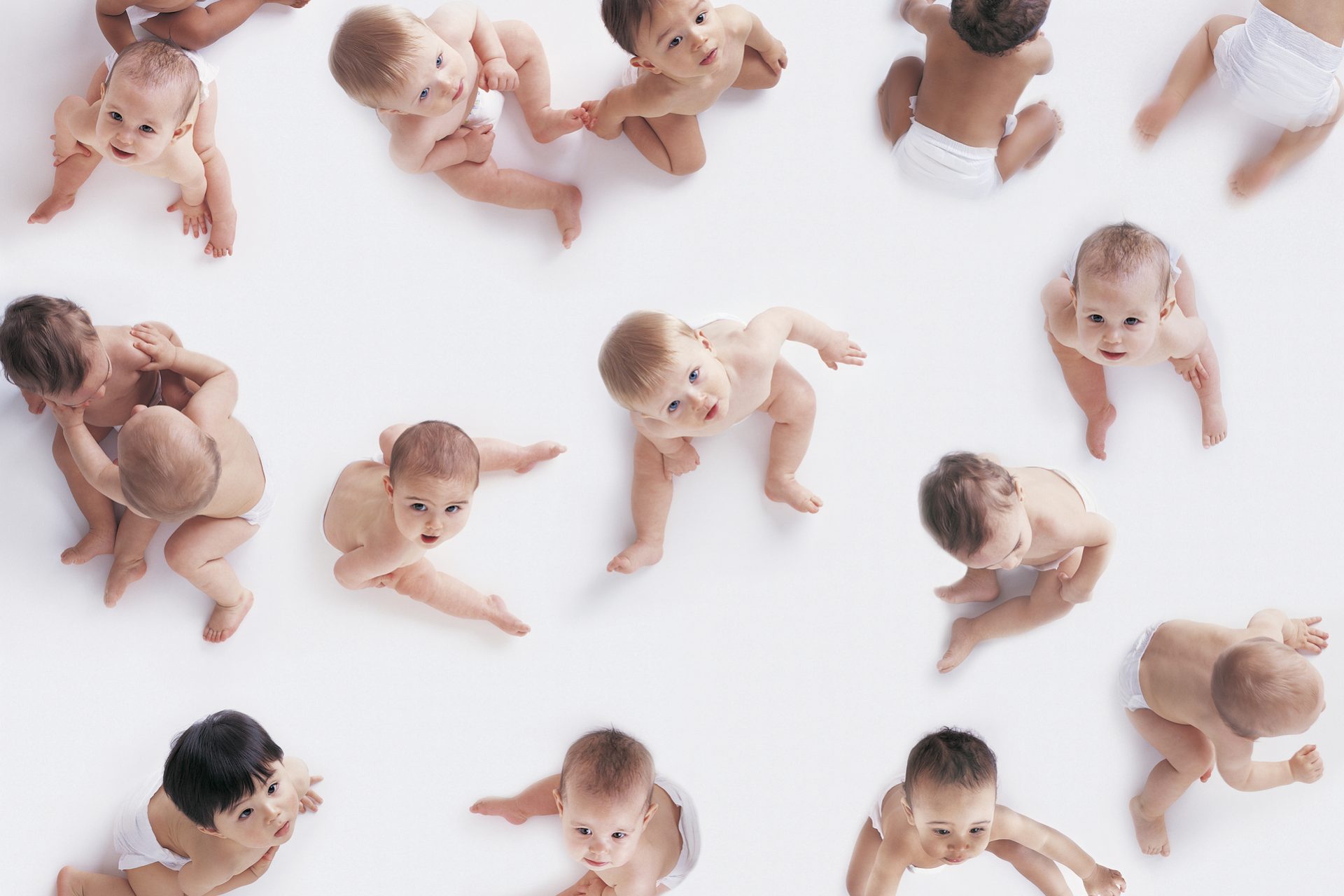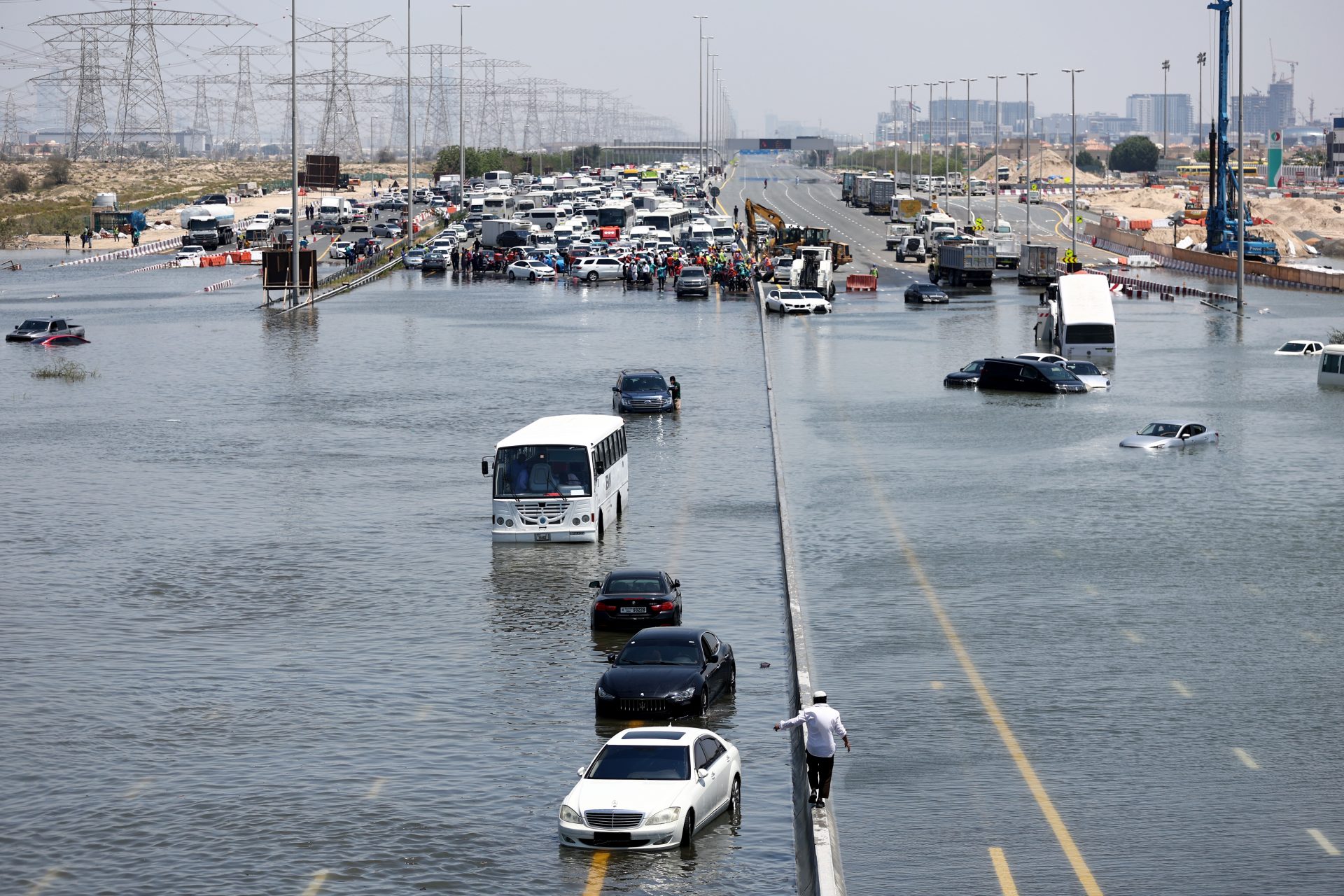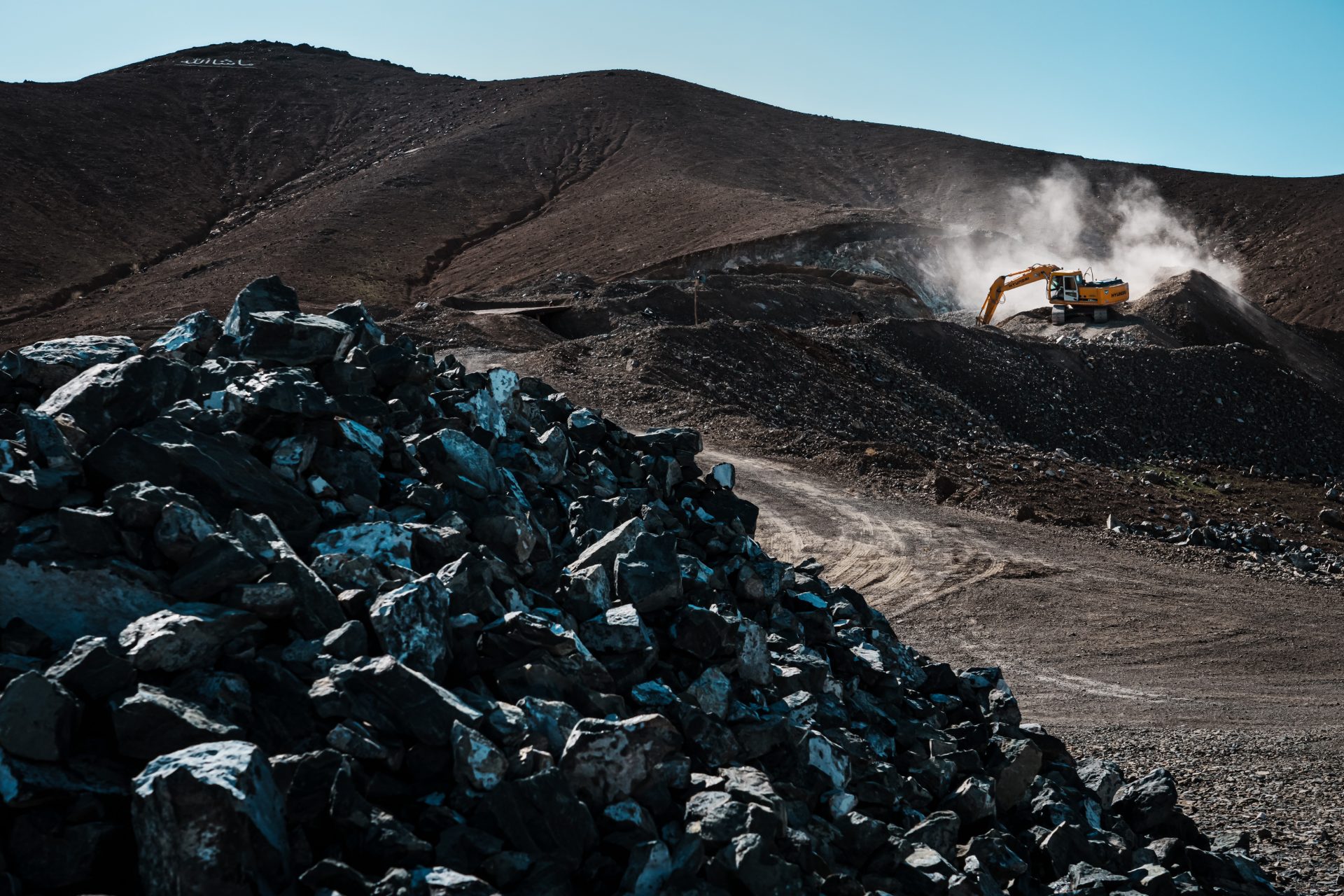The Taliban’s ‘gender apartheid’ in Afghanistan
Online abuse and hate speech targeting politically active women in Afghanistan has significantly increased since the Taliban took over the country in August 2021, according to a report released by a U.K.-based rights group.
In July, the Taliban ordered all women’s beauty parlours to close, according to a government spokesman. These are just the latest examples of how the rights and freedoms of women and girls in the country are being greatly affected.
Under Taliban rule, most women have been banned from working and girls have been banned from studying. Moreover, Afghanistan’s economy has floundered, malnutrition has soared, and hundreds of thousands of jobs have been lost.
Since the Taliban surprised the world when they took over Kabul on August 15, 2021, the Afghans who couldn’t flee the country, have seen their human rights violated, especially women and girls.
The extremist group returned to power after the US overthrew its regime in a 2001 military invasion, following the 9/11 attacks on the World Trade Center.
In May 2021 the United States withdrew its troops. America’s 20-year war ended, but another crisis replaced it: economic collapse.
The crisis was brought on by the near-instant evaporation of billions of dollars in foreign aid, sanctions on Taliban leaders, and the freezing of Afghanistan’s foreign currency reserves by the U.S.
About half of the country’s entire population or 18 million people are facing acute food insecurity, according to the United Nations, and nearly 4 million children are acutely malnourished.
Over the winter of 2021, there were official reports about Afghan families selling their children and kidneys in order to get money to survive.
To make matters worse, a severe drought and two powerful earthquakes that shook the country: one in June 2022 and another in October 2023, killing more than 2,000 Afghans and displacing countless others, have pushed the country closer to a humanitarian catastrophe.
Beyond a deterioration of economic and physical security, there has been an erosion of human rights under the Taliban regime, especially for women and girls.
The United Nations Mission in Afghanistan released a report detailing extrajudicial killings, torture, arbitrary arrests and detentions, and amongst other violations of fundamental freedoms by the Taliban, targeting minority groups like the Hazaras, a Shiite population.
The report also showed that as the Taliban solidified control over large swaths of Afghanistan, there was a steady increase in forced marriage and sex slavery.
Girls have been banned from attending secondary school, which, according to a UNICEF report, translates to a loss of at least $500 million for the Afghan economy in the last 12 months.
The UNICEF report also notes that if girls were able to complete their secondary education and participate in the job market, as women, they would contribute at least $5.4 billion to Afghanistan’s economy.
Women have seen their right to access the workplace and participate in public life significantly diminished. They have been barred from most government jobs or had their salaries slashed and told to stay at home and “send a man to do their job”, according to The Guardian.
Furthermore, the Taliban issued a ruling on May 7 2022, that all Afghan women should cover their faces in public, meaning they should wear a burka. The decree makes women’s male relatives and employers the enforcers. If their faces are seen in public, they will be fined, then jailed.
In the capital Kabul, and some of the more “liberal cities” by Afghan standards, women protested against the measure but were confronted by the Taliban, arrested, and threatened, according to several media outlets.
Another of the measures imposed by the Taliban, in what activists are calling a “gender apartheid”, is the fact that women are not allowed to travel long distances without a male guardian accompanying them.
Heather Barr, associate director of Human Rights Watch, told AFP news agency the order “shuts off opportunities for women to be able to move about freely” and “to be able to flee if they are facing violence in the home”.
Afghans that identify as LGBTQ have been forced to flee the country. Those who stay behind have been electrocuted, tortured, and, in some cases, murdered, according to ‘Foreign Policy’.
Data offered by Reporters Without Borders reveals that 43% of Afghan media outlets have been shut down. The Taliban has imposed strict censorship on media news, as well as entertainment.
The country is also becoming a hub for local and international militant groups. The killing of al-Qaeda chief, Ayman al-Zawahiri, in Kabul, is just one example of the ties between the Taliban and jihadist groups.
Although Afghanistan has not yet devolved into a failed state from which transnational terrorist groups can launch attacks with impunity, senior U.S. defense and intelligence officials are growing concerned that jihadist groups may develop those capabilities.
In June 2022, CENTCOM Commander General Michael Kurilla claimed the U.S. was in possession of intelligence confirming that terrorist groups are already building training camps inside Afghanistan.
More for you
Top Stories



